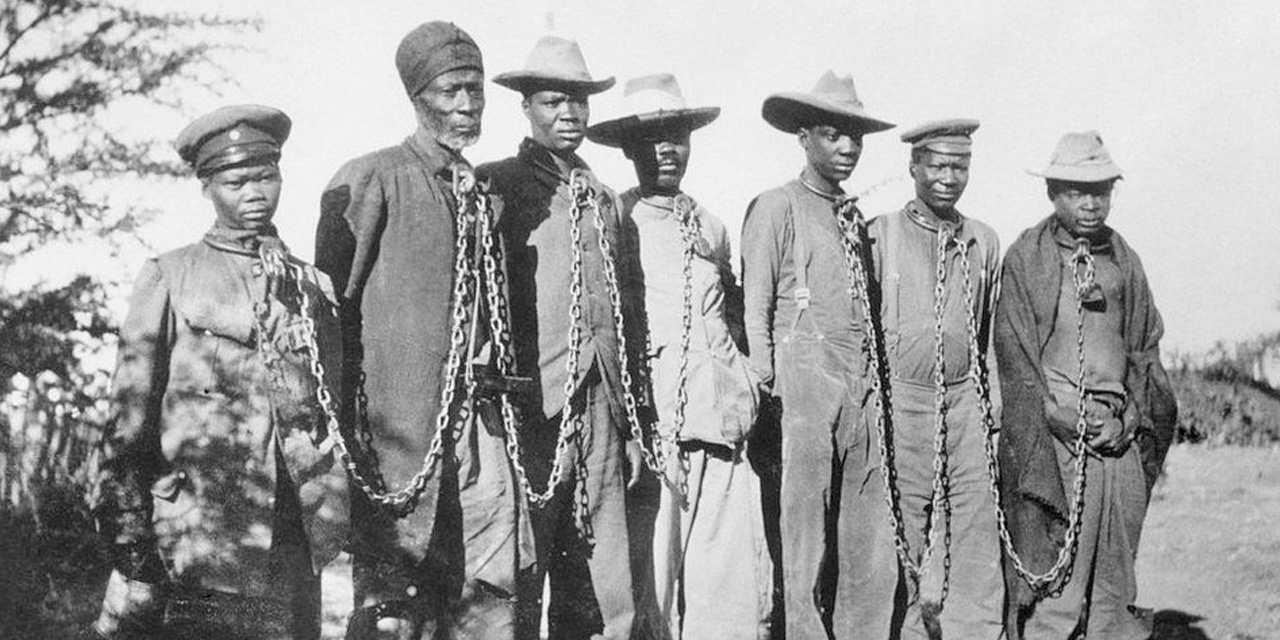Hertta-Maria Amutenja
President Netumbo Nandi-Ndaitwah has repeated the government’s call for Germany to take full responsibility for the genocide committed against the Ovaherero and Nama people during the colonial period.
In an interview with the BBC, she outlined three key demands from the Namibian government.
“Our parliament discussed the German genocide against the Namibian people. One: Germany must accept that it committed genocide in Namibia. Two: Germany must apologise. Three: Germany must provide reparations,” Nandi-Ndaitwah said.
She said Germany’s offer of €1.1 billion remains inadequate in the eyes of the Namibian government.
“Our parliament felt that it was nothing, and we must engage the Germans again. The document was ready. To the extent that unless something really dramatic happens, I cannot see this process going to next year,” she said.
The genocide, carried out between 1904 and 1908, resulted in the killing and displacement of tens of thousands of Ovaherero and Nama people by German colonial forces.
Estimates suggest over 70,000 people were killed during this time.
Namibia and Germany have held talks in recent years to address the historical injustice.
In 2021, Germany offered €1.1 billion in development aid to affected communities through a formal agreement.
However, critics say the deal excluded direct input from many descendants of the victims.
Presidential press secretary Alfredo Hengari said the government is finalising discussions with Germany on the Joint Declaration.
“The Namibian government is currently in the final stages of discussions with Germany on the Joint Declaration. There is convergence of views on a number of issues. You will recall that the President directed the Vice President and several key ministers and members of the Cabinet to provide feedback to affected communities on the Joint Declaration, a process that was successfully completed,” Hengari said.
Political analyst Ndumba Kamwanyah said the renewed demand for an apology highlights the continued struggle for justice.
“President Nandi-Ndaitwah’s renewed call for an apology is significant because it amplifies the ongoing struggle for recognition and social justice regarding the Ovaherero and Nama genocide. While the call for an apology is a step in the right direction, I believe it’s only one part of the bigger picture. Apologies need to be genuine, but there’s so much more that needs to be done for real healing to take place, including restorative justice, meaningful reparations, and a clear implementation roadmap,” Kamwanyah said.
He warned that Namibia’s push for a stronger stance could come with political and economic risks.
“If Namibia were to take a stronger stance, there would definitely be political and economic implications. Politically, it could further strain relations with Germany, but at the same time, it would send a strong message that Namibia is not backing down in its pursuit of justice,” he said.
In 2023, the German government officially acknowledged for the first time that the 1904–1908 killings should be classified as genocide.
Earlier, in a joint declaration, the two governments had stated that the massacres would qualify as genocide by today’s standards.
However, descendants of affected communities continue to argue that Germany should have recognised the genocide during the negotiation process.




